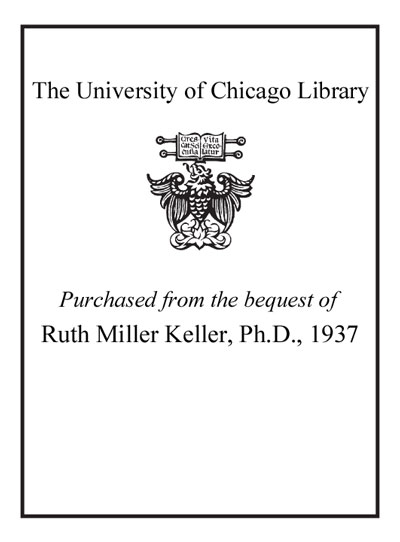The Socratic method : Plato's use of philosophical drama /
Saved in:
| Author / Creator: | Bensen Cain, Rebecca, 1952- |
|---|---|
| Imprint: | London ; New York : Continuum, c2007. |
| Description: | x, 135 p. ; 25 cm. |
| Language: | English |
| Series: | Continuum studies in ancient philosophy |
| Subject: | |
| Format: | Print Book |
| URL for this record: | http://pi.lib.uchicago.edu/1001/cat/bib/6277472 |
Table of Contents:
- Preface
- Abbreviations
- Chapter 1. The Socratic Method of Dialectic
- Introduction
- A Psychological Model
- Vlastos' Epistemological Model
- The Moral Aim
- Examples from the Texts
- Overview of the Three Functions
- The Moral Aim Defended
- Aporia and its Psychological Effects
- Aporia and the Elenctic Function
- Sincerity and Integrity
- Examples from the Texts
- Sincerity and Sincere Assent
- Socratic Method and Shame
- The Psychological Principle of Eudaimonism
- Conclusion: A Constructive Approach
- Chapter 2. The Protreptic Function
- Introduction
- The Elenctic and Protreptic Functions
- Examples from the Texts
- The Use of Endoxa
- The Protreptic Function and Three Endoxical Premises
- Socratic Interlocutors
- Examples of Protreptic Discourse
- Conclusion: Protreptic Themes and Arguments
- Chapter 3. Ambiguity and Argumentation
- Introduction
- The Epistemic Function
- A Detour to the Phaedrus
- Ambiguity
- Terminology
- Making the Meaning Clear
- Two Examples from the Texts
- Refuting and Persuading Polemarchus
- Polus and the Desire for Power
- Conclusion
- Chapter 4. Ambiguity and Drama
- Introduction
- Historical Background
- Creative Use of Ambiguity
- Perspectives on Refutation
- The Normative Use of Technique
- Dialectical Conduct and Conflict
- The Drama and the Method
- Notes
- Bibliography
- Index

